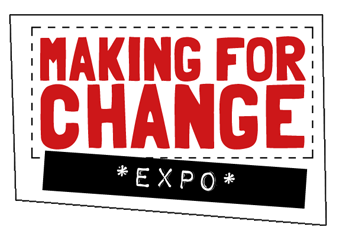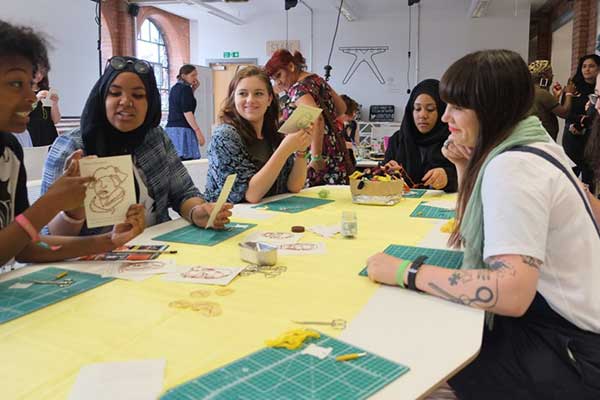
Find A Mentor
Advice and Inspiration

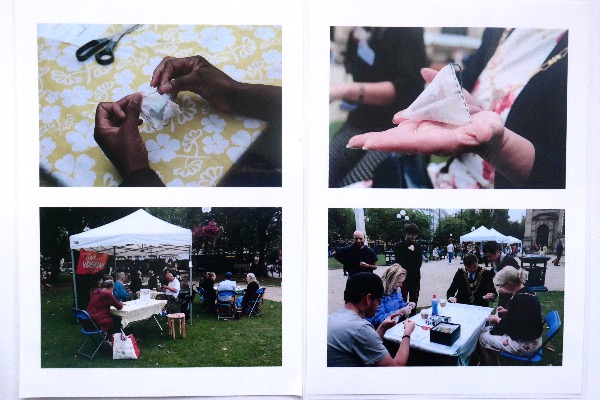
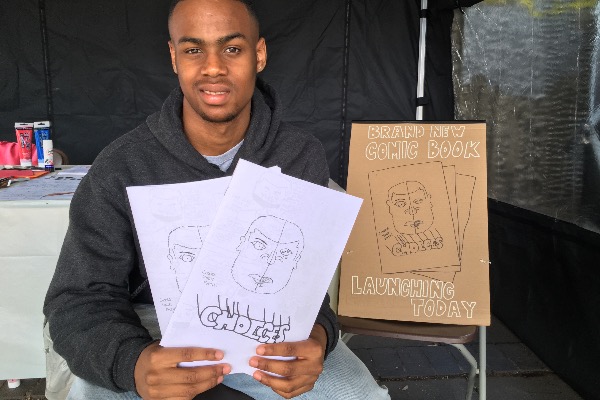
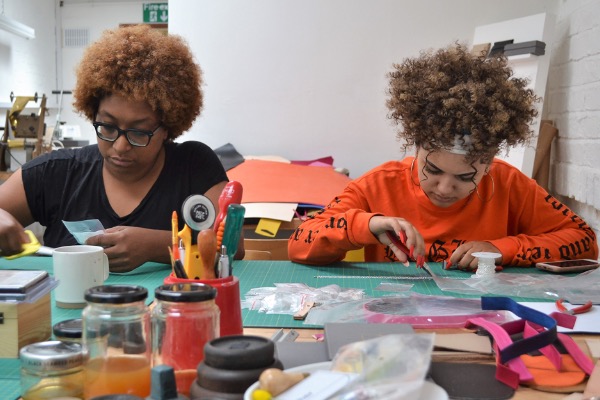
What can a mentor do for you?
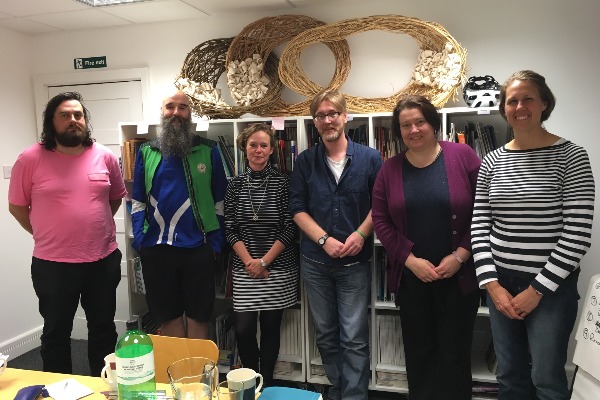
Find your Mentor!
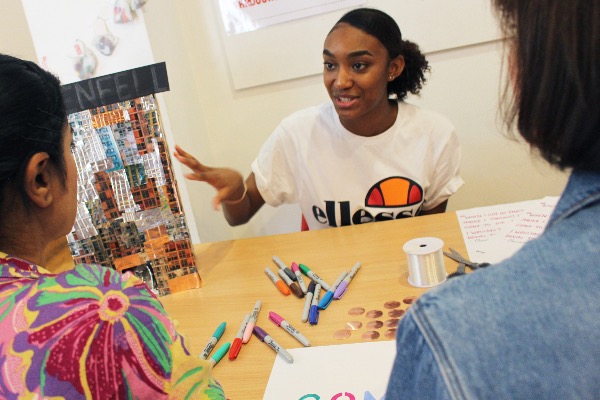
What else can a mentor do for you?
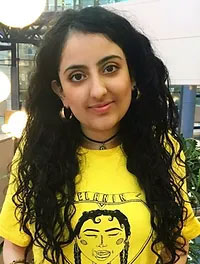
A Curator's Perspective
I've been lucky to have some great mentors in my life. One was an encouraging line manager in a job, others were gained through official career development programmes.
One common thread has been a mutual respect. This is a respect for each others' time, background, experience and especially confidentiality.
While we come from different backgrounds, I appreciate the time with my most recent mentor as we have a lot of shared values. Our meeting topics can vary from balancing various freelance roles in order to achieve my long-term goals to the unspoken rules in the arts and media industry.
I really recommend having some form of mentor in your life, even a friend. Another unofficial mentor of mine is a fellow producer who has a few more years of experience but does similar work. Her career is something I am working towards but to learn some of her challenges has been insightful too!
